Ask anyone what the benefits of meditation are and it's very likely they will be able to spout off various reasons why regular practice can keep you more cool, calm and collected. Some branches of meditation even claim to be able to transcend consciousness to a whole other level. Mindfulness meditation is unique in that there is no goal of changing who, where or what you are. It is a practice that welcomes you to embrace acceptance at every opportunity. Who doesn't have time for that?
It has taken over 2000 years, but what was initially a bizarre Buddhist concept has found it's way into mainstream psychotherapy practices. The aim of the game is accepting the here and now, no matter what or where, in it’s entirety. Whether we sit for five minutes or an hour, whether life is rosy or not, practicing mindfulness meditation forces you to actually show up to life, moment by moment. To become aware of and connect to, the present.
As mindfulness continues to flow into the mainstream, benefits such as reducing stress, alleviating depression, improving productivity, creativity, relationships and a myriad of other positive health outcomes are becoming common knowledge. By now you’ve gathered it’s way more than a passing fad. So, with only minimal amounts of time required to evoke so much goodness, why is it still so easy to make the excuse that there's no time for mindfulness? What’s making it so difficult to find five or ten minutes to tune in?
More often than not the same excuses arise. You’re too busy, too tired, too stressed, you can’t do it. Simply put, you don’t have time to be mindful. Unpacking the excuses leaves only the reality that you’re making a choice not to take action. Consciously or not, you’re pushing it down the list whilst filling your time with ‘other stuff’ prioritised ahead of it. If there are times during the day where you find yourself scrolling aimlessly through the internet or succumbing to the sofa watching back to back series' with the dog, you’re choosing to put other, possibly less productive and beneficial things first. Is it time to get intentional?

Maybe your reality right now is that you really are too busy with family, work, study or something else. We live in a fast-paced culture where it's a daily struggle find the time or place to introduce just about anything soul nourishing into an overly hectic schedule. There’s only so many hours in a day, after all. However, throngs of research has shown that mindfulness increases productivity, so investing 10 minutes and taking a break might actually do wonders for reducing the overwhelm and increasing what you can accomplish in a day. As an old Zen adage states:
"You should sit in meditation for twenty minutes every day. Unless you’re too busy:
then you should sit for an hour."
The first step in establishing a practice of mindfulness involves understanding what mindfulness is. Mindfulness is about bringing your attention to the present moment in a curious, non-judgemental way. It’s not about ‘stopping’ or ‘changing’ what’s going on in your mind in any way. When you try mindfulness meditation, at first your mind will very likely be noisy, negative, full, scattered, scary and self-critical. All of that (and more!) is normal. Your job is to become aware of it, whatever shows up, and simply notice as you let it all come and let it go. It gets easier to do over time and it won’t be long before you experience the positive benefits of tuning in.
Practicing the art of presence can very quickly relieve stress. You become more aware of what’s triggering your stress response and can choose how to respond rather than react. How liberating! In the long term, mastering mindfulness offers a deep and intimate personal journey of awareness and a richer and more connected experience of life. It will support you to manage difficult life situations as they inevitably arise and can help you to finally let go of unwarranted habitual thought patterns that haven’t served you for a very long time, if ever.
We all hold onto to false ideas about our selves and others, failing to recognise that thoughts are simply thoughts, not facts! Believe me, you deserve the truth. Engaging in mindfulness means you must be prepared to explore your internal world and closely look at what is going on for you by repeatedly coming back to the present moment. Taking this journey will steer you towards reality and that process is transformational.

Learning to simply be opens the door to empowerment, self-care and self-compassion. You’re tuned in and in-charge. Over time you’re shifting attitudes, mindset and belief systems that previously held you back into ones that open you up to embracing a richer and more authentic life. Imagine overcoming common issues such as social anxiety or a fear of public speaking by stepping out and authentically expressing yourself and your message? It’s a game changer. On the physical level, mindfulness allows you to tune into bodily sensations, leaving any harsh judgments or limiting mindsets at the door and bringing awareness and compassion to your being. By simply sitting with the unproductive (even harmful) stories you tell yourself in your head, and letting them fall to the side just as quickly as they arose, you gain true insight into who you are and what you’re capable of. You are not your thoughts. Your thoughts are not reality. The walls blocking you in aren’t real. You begin to see more clearly what is actually happening in each and every moment - accepting that thoughts are thoughts, feelings are feelings and all of it will come … and go. Hello infinite freedom!
Mindfulness is about more than sitting in meditation practice, it is a philosophy and it’s a way of living. Through the practice of simply being with life in the present, you create a space to connect to each miraculous moment as it unfolds and to nurture your best, most authentic self to appear. How can there not be time in your schedule for that? What could possibly be higher on the priority list?! Mindfulness infuses into so many aspects of daily life and ultimately brings with it a sense of peace and clarity, whether that be with a boss who has given you negative feedback on a task, a driver who has just cut you off, someone trying to reach out to you or most importantly, with yourself. Whatever life has in store, living mindfully enhances the experience.
I didn’t have time for mindfulness … until I realised that I didn’t have the time not to live mindfully. All you have to do is choose to show up.
Discover three simple practices to find calm in the Christmas chaos: No extra time required. No perfect moments needed. Just gentle, repeated return to who you are, and what's already here.
I’m going to share something that’s been on my mind lately: December doesn't cause burnout, it reveals it. Discover the difference between the warning zone (where 60% capacity still works) and actual burnout (which needs intervention, not a January reset). Learn the physical, emotional, and cognitive symptoms that show you're past the point where rest alone will help. Your nervous system doesn't work on a calendar. The myth of "just make it to January" keeps women pushing beyond what their bodies can handle. This isn't weakness. It's physiology. And it deserves real intervention right away!
Running beyond capacity this festive season? Learn my secret to les seasonal stress and why deliberately giving 60% isn't failing - it's recalibration! Discover the nervous system science behind December overwhelm, plus specific strategies for Christmas hosting, gift giving, and social commitments that actually preserve your wellbeing. This is evidence-based permission to do less and feel better!
Tired of burning energy on people who won't change? Discover why your brain activates a threat response when you try to control others, what acceptance really means (and no, it's not being a doormat), and how the two-word "Let Them Theory" can reclaim the peace, clarity, and energy you've been giving away to battles you can't win.
Feeling overwhelmed by Black Friday sales that seem to start earlier every year? Discover how to cut through the urgency and shop with intention, not impulse. Learn what scarcity marketing does to your brain, plus practical strategies for managing inbox chaos, balancing budget with ethics, and making purchases that align with your values - guilt-free.
Do you wait for perfect conditions before pursuing what matters? Discover why purpose emerges through action, not before it. Learn how taking on new challenges actually enhances your brain's creativity and clarity, plus the surprising research on why the messy middle isn't the obstacle to your purpose - it's where purpose forms.
Are you ready to step off the happiness treadmill? Discover what the latest research reveals about lasting joy. This science-backed blog post unpacks the truth behind the famous happiness formula, reveals which life changes actually stick (and which fade fast), and shares five proven practices that create enduring wellbeing. Plus, learn why hedonic adaptation isn't your enemy - it's actually your superpower for resilience.
With only two months left in 2025, discover how to close your year on YOUR terms instead of scrambling, surviving, or apologising for what you haven't done yet. Learn the simple two-month framework: complete one meaningful thing in November, rest without guilt in December, and reclaim these final sixty days from comparison, obligation, and perfectionism. It's not too late to create an ending that transforms your entire narrative, exactly enough time remains. The rest of your year is waiting, and it doesn't need to be perfect - it just needs to be yours!
Discover the common inbox mistakes we all make that keep us feeling overwhelmed, why your body knows which emails matter before your mind does, and the three-breath practice that transforms email chaos into mindful presence. What if inbox zero isn't about perfection, but about bringing the same gentle attention to your digital life that you'd bring to a mindful meditation instead?
If you can’t remember the last time you felt truly peaceful, I have a wild cure for you to explore. Discover why Japanese researchers measure a 50% immune boost after forest visits, what happens to your cortisol within fifteen minutes of being amongst trees, and why 72 hours of camping creates nervous system recalibration that meditation apps can't touch. Your body already knows how to regulate itself, it just needs the right environment to remember how to reset.
Ever feel guilty for wanting a break when everyone else seems to be hustling harder? You're not alone! History reveals the secret - Ancient Greeks had two words for time, knowing rest wasn't laziness but wisdom. Discover why strategic rest actually boosts performance, simple ways to honour your natural energy rhythms, and the surprising productivity gains waiting when you finally give yourself the permission to pause.
Like guitar strings that need precise tension to create beautiful music, your stress response has an optimal zone where pressure transforms into peak performance. Did you know there's a "Goldilocks zone" of stress that elite athletes use to their advantage? Discover the dial theory that helps you calibrate challenge into flow, plus the three-breath technique that lets you consciously adjust your activation level for whatever comes next.
Have you ever walked into a room feeling fine, only to leave feeling completely drained for no apparent reason? You might be 'catching' other people's emotions without realising it. Here's the fascinating science behind emotional contagion, why your brain automatically mirrors everyone else's stress, and the simple technique that creates an invisible protective barrier around your energy. Evidence-based and surprisingly liberating. Let's explore why your feelings might not actually be yours...
Discover why perfectionism is the worst investment strategy for busy women and how treating your mental energy like the expensive resource it is can transform your productivity. Learn the neuroscience behind perfectionist paralysis, why "good enough" gets better results, and Taylor Swift's game-changing advice on energy boundaries. Stop giving premium attention to tasks that can't afford it as you master strategic imperfection and reclaim your most precious resource!
Your body is constantly sending you messages through tension, energy shifts, and gut feelings. Did you know you can decode your nervous system's secret language and transform anxiety into wisdom? Learn my four favourite ways to understand exactly how these signals can deepen your relationship with yourself.
Do you struggle with confidence at work? Discover 5 science-backed ways to build genuine confidence when it doesn't come naturally. Learn the difference between fake and authentic confidence, plus practical strategies from neuroscience research to help professional women overcome self-doubt and develop unshakeable inner strength that lasts.
Have you ever wondered what’s the difference is between mindfulness and meditation? Or are they the same thing? Here's why that confusion might be keeping you from the peace you're seeking. Discover the simple distinction that will change everything, learn what your brain's "screensaver mode" is doing to your happiness, and find out why your most transformative practice might happen while you enjoy your morning coffee. Science-backed, skeptic-friendly, and surprisingly practical. Let’s demistify mindfulness and discover meditation…
Ready to nurture the friendships that truly matter? Discover the science behind long-lasting connections and learn why your best friendships can survive months of silence and thousands of miles. This heartfelt guide reveals practical strategies for maintaining deep bonds across time zones and life changes, plus actionable tools for reconnecting with old friends too.
Stuck in life's in-between moments, waiting for answers that won't come? Discover how neuroscience reveals why uncertainty feels so uncomfortable and how mindfulness can transform your relationship with the unknown. Learn how to trust the process when you can't see the destination, and why the space between heartbeats might be exactly where your deepest growth happens.
We've been told that ambition and inner peace can't coexist—that you must choose between climbing the ladder or finding calm. But what if this false choice is keeping you stuck? Discover how quiet ambition unlocks sustainable leadership success. Learn why the most influential leaders use peace as their secret weapon for progress, and how you can harness both to create lasting impact without burning out.
Your most profound meditation practice might not happen on a cushion - it could be while rocking a baby at 3 AM. If you're a parent whose "perfect" routine has become beautifully chaotic, this is for you. Discover how to weave mindfulness into daily life, practice self-compassion when you miss days, and find true presence in the micro-moments. Your meditation doesn't need to look like anyone else's - it needs to work for you in your real life.
Feeling exhausted in winter or restless in spring? Your body isn't broken - it's brilliant! Discover why fighting your seasonal rhythms leaves you drained and how tuning into your natural energy cycles can transform your wellbeing. Learn the science behind seasonal mood shifts, ancient wisdom for modern living, and simple practices to work with your body's intelligence instead of against it. Attune your wellbeing with the season as you discover your seasonal patterns aren't flaws - they're features!
Are you an introvert with something to say? Discover proven public speaking tips for introverts to build quiet confidence and overcome speaking anxiety. Learn how one introvert transformed her biggest fear into becoming a confident conference speaker using preparation strategies, breathing techniques, and mindset shifts that work specifically for quiet, thoughtful personalities.
Feeling overwhelmed by emotions that seem to spiral out of control? Discover the powerful two-word practice that neuroscience shows can literally calm your brain's alarm system. This week I'm sharing how to name your feelings without trying to fix them, creating space between you and your emotional storms. Learn the mindful approach that transforms difficult emotions from problems to be solved into experiences to be witnessed.
Ready to make decisions with more clarity and confidence? Discover how mindfulness helps you reconnect with your core values, so you can say yes with purpose, no without guilt, and live with greater authenticity—at work, in relationships, and within yourself.
Do you ever feel like your emotions take you on a rollercoaster ride? Learn how to “emotionally surf” the waves of life as I share my top proven tools from the science of psychology and the art of mindfulness.
Think you can’t meditate? Think again. Learn 5 powerful moving meditation techniques for busy minds and restless bodies—and how to find calm, clarity and become more mindful without sitting still.
Ever feel weighed down by stuff, roles, or expectations that once fit but now just... don't? You're not alone! Nature knows the secret—trees don't cling to last year's leaves, and even your body replaces its cells every decade. Discover why letting go creates magical space for what truly matters, how decluttering sparks joy (science confirms it!), and the surprising gifts waiting when you finally release those outdated identities. Ready for a lighter, brighter you? Let's dive in!
Are you making decisions from fear without even realising it? Explore how choosing love over fear transforms everything from your morning mirror talk to your social media habits. Discover the science behind why fear-based living keeps you stuck, while love-based choices expand your possibilities. Learn practical ways to shift your perspective in daily moments, create ripple effects in your community, and build a life guided by compassion rather than anxiety. It's time to break free from fear-based patterns and embrace the life-changing power of acting from love instead!





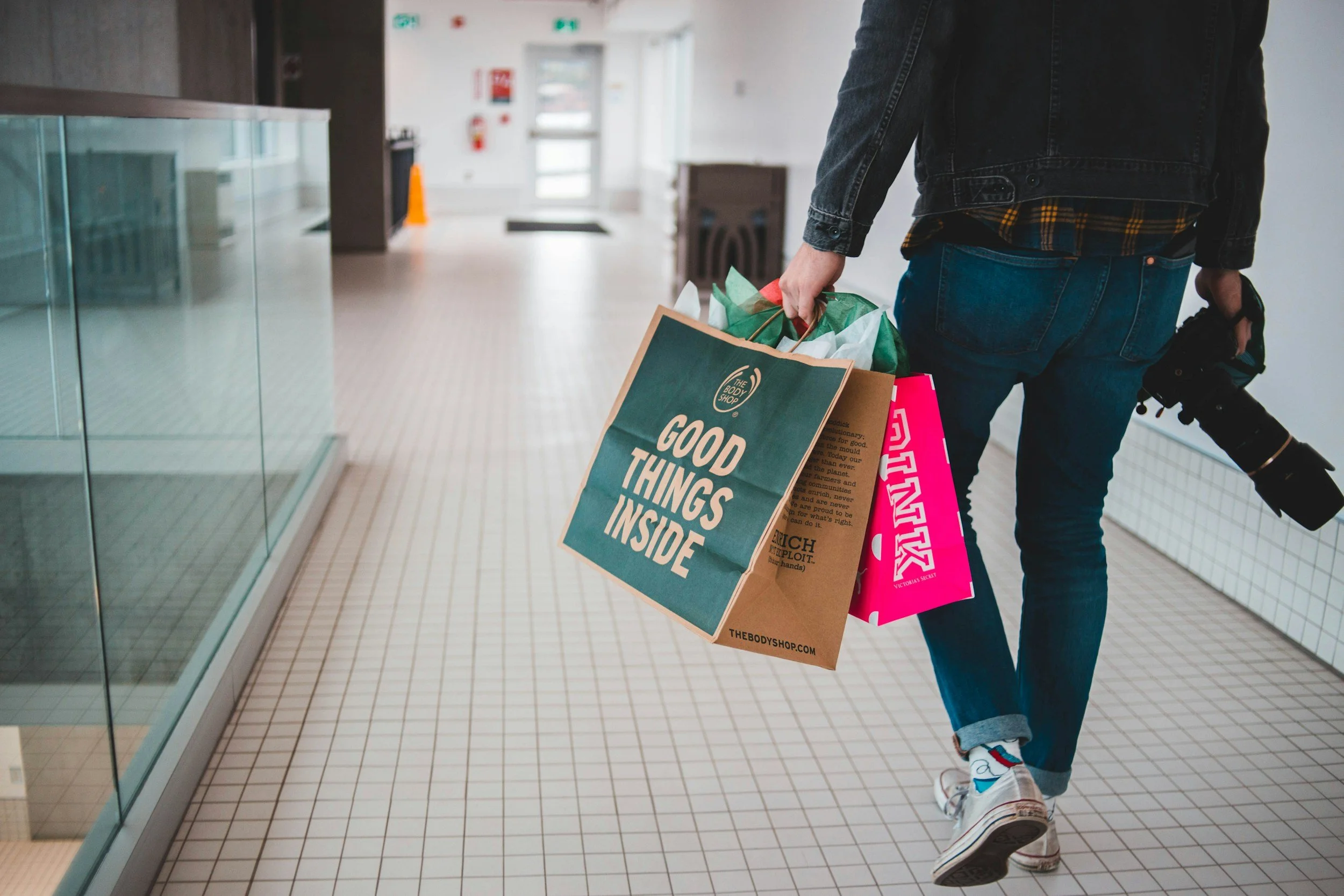








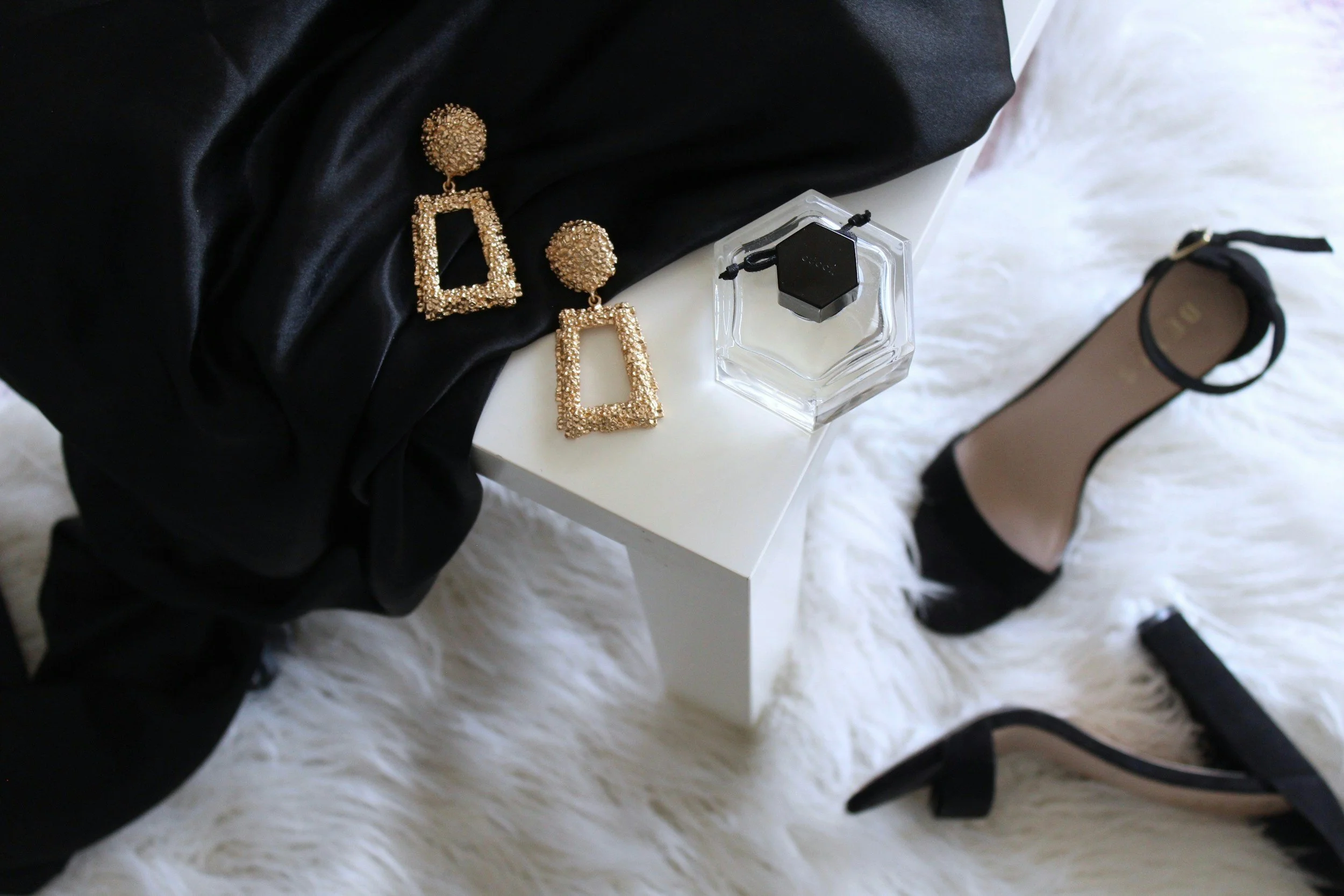
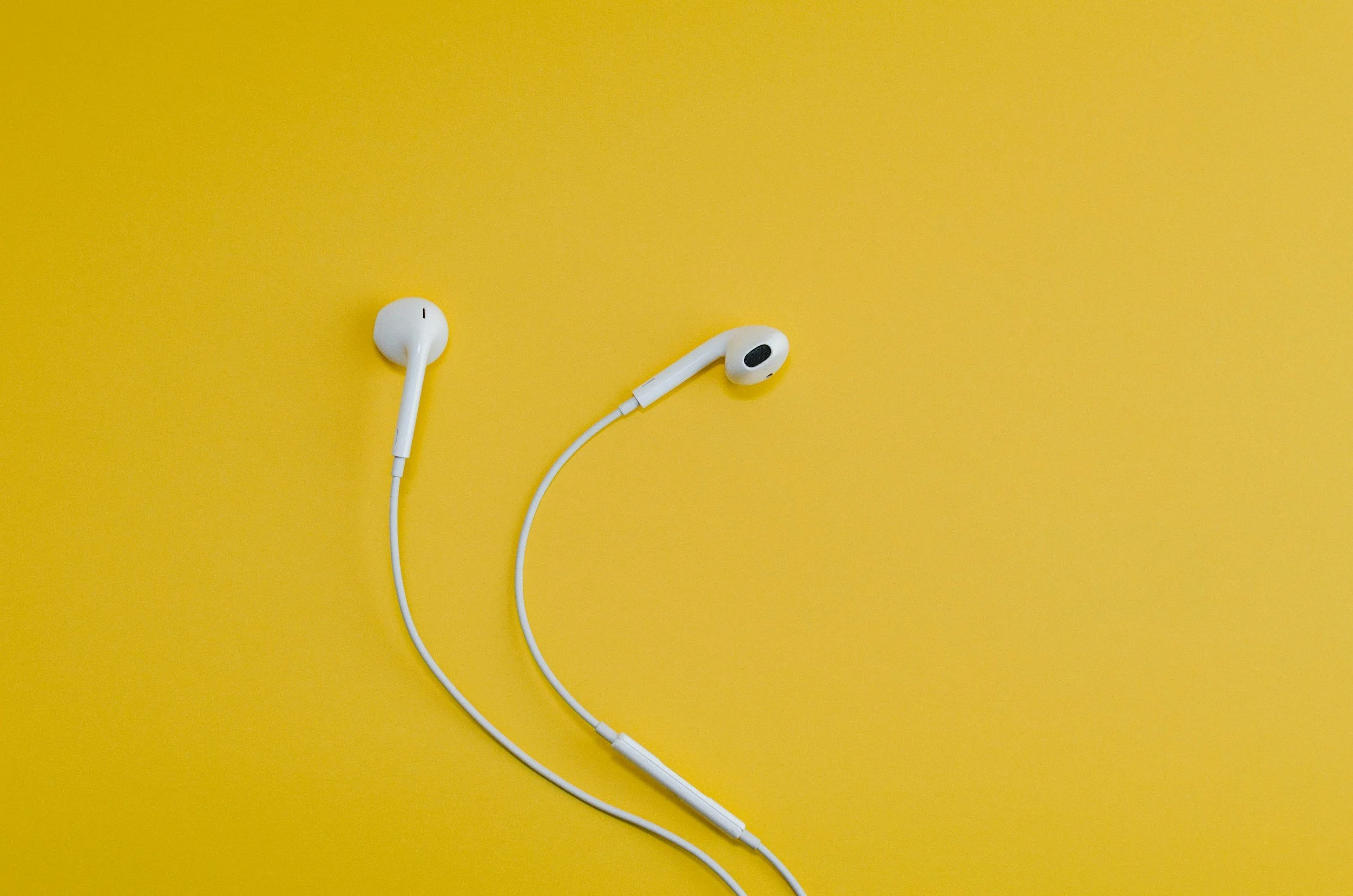





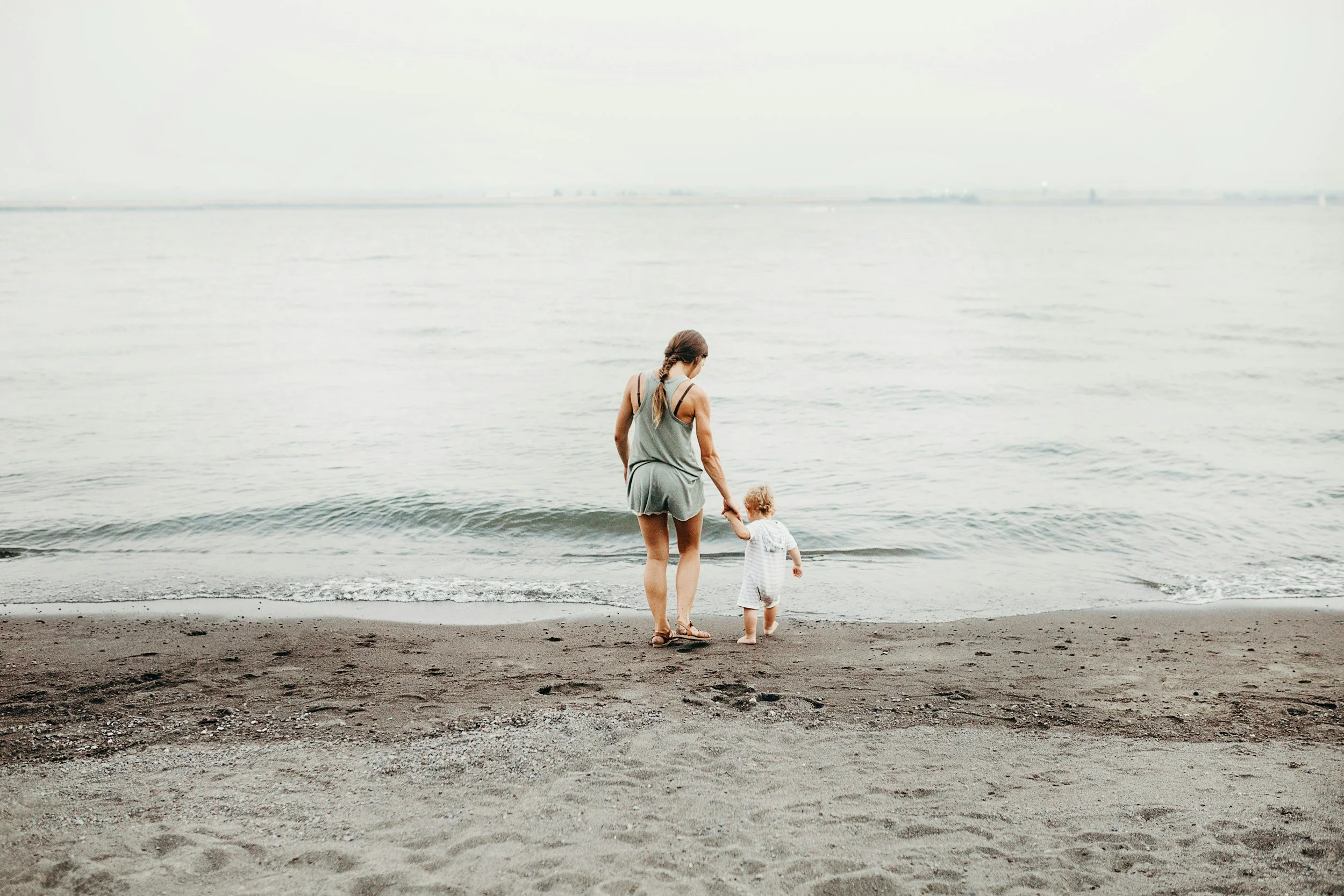








Do you find yourself hesitating to reach out when you're feeling most alone? Why is it that when we need connection most desperately, our brains make it nearly impossible to pursue? Learn why loneliness triggers a self-protective response that keeps you isolated, the surprising demographic struggling most with disconnection, and how understanding this neurological paradox is the first step toward breaking free from the loneliness loop.